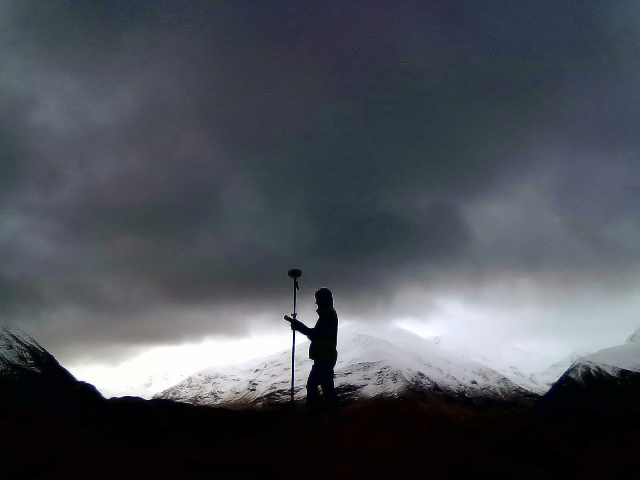-
Courses

Courses
Choosing a course is one of the most important decisions you'll ever make! View our courses and see what our students and lecturers have to say about the courses you are interested in at the links below.
-
University Life

University Life
Each year more than 4,000 choose University of Galway as their University of choice. Find out what life at University of Galway is all about here.
-
About University of Galway

About University of Galway
Since 1845, University of Galway has been sharing the highest quality teaching and research with Ireland and the world. Find out what makes our University so special – from our distinguished history to the latest news and campus developments.
-
Colleges & Schools

Colleges & Schools
University of Galway has earned international recognition as a research-led university with a commitment to top quality teaching across a range of key areas of expertise.
-
Research & Innovation

Research & Innovation
University of Galway’s vibrant research community take on some of the most pressing challenges of our times.
-
Business & Industry

Guiding Breakthrough Research at University of Galway
We explore and facilitate commercial opportunities for the research community at University of Galway, as well as facilitating industry partnership.
-
Alumni & Friends

Alumni & Friends
There are 128,000 University of Galway alumni worldwide. Stay connected to your alumni community! Join our social networks and update your details online.
-
Community Engagement

Community Engagement
At University of Galway, we believe that the best learning takes place when you apply what you learn in a real world context. That's why many of our courses include work placements or community projects.
Enda O'Flaherty
Archaeological Watermarks: Settlement and Seasonal Flooding in Historical Ireland

This research concerns human interaction with the dynamic nature of seasonal lakes (turloughs) from the early medieval into the early modern period. Turloughs, of which there are 304 in Ireland, are glacio-karstic phenomena typically associated with the landscape of the western and central lowlands. Key characteristics include a dynamic flooding regime, lack of surface outflow, and ecological communities characteristic of wetlands. The nature of this flooding and the archaeological, historical, toponymic and folklore evidence for its management and manipulation are central to this research project.
The socio-economic dimensions of turlough landscapes have been generally overlooked in Irish settlement studies. In order to address that gap, the phenomenological significance of turloughs is investigated in order to contextualise them as integrated elements of the social infrastructure of past populations. The knowledge that population groups acquired about seasonal flooding and how that knowledge was used to manage and exploit seasonal lakes, to their own benefit, is attested through case studies of turlough landscapes.
Enda O'Flaherty is a GDS scholar. His research is supervised by Professor Liz FitzPatrick.


















